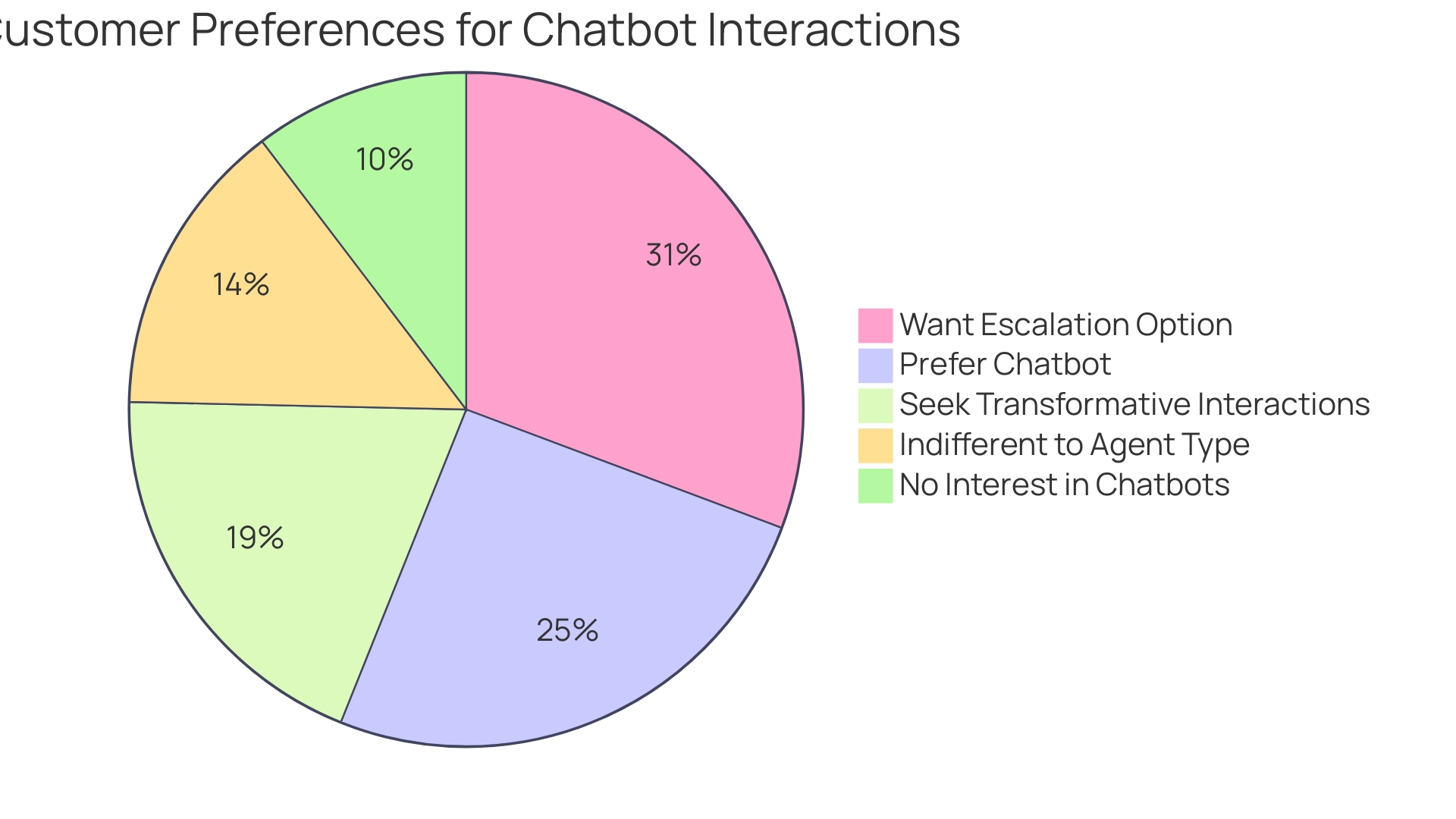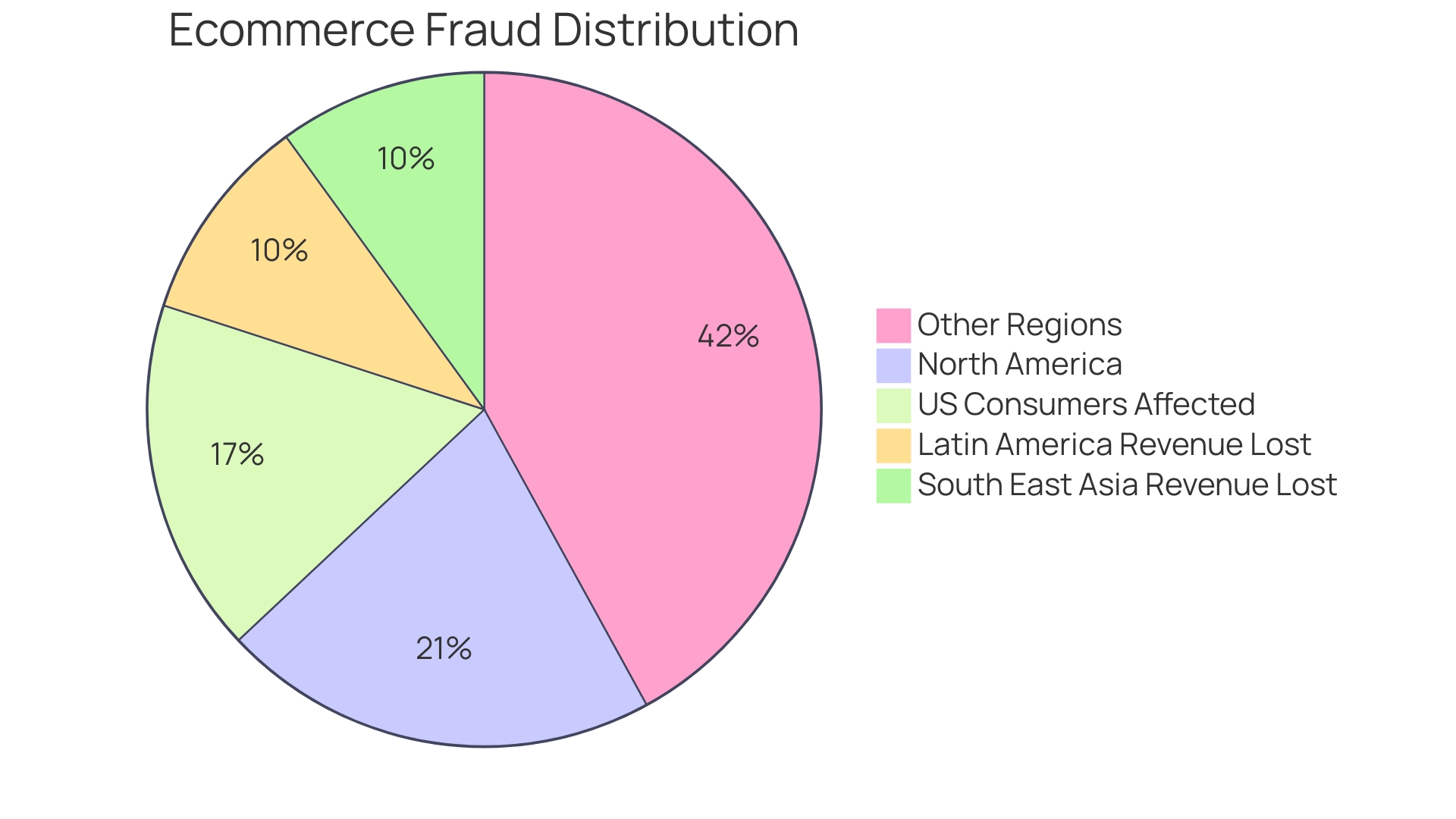Introduction
E-commerce has entered a transformative era where artificial intelligence (AI) and machine learning are pivotal tools in crafting personalized shopping experiences. With retailers increasingly focusing on understanding and anticipating customer needs, the shift towards AI-led personalization is exemplified by companies like BigBasket and LotteON.
This article explores how AI is leveraged for customer profiling, recommendation systems, predictive analytics, chatbots and virtual assistants, as well as enhancing security and fraud detection in the e-commerce industry. Read on to discover how these technologies are reshaping the way consumers engage with online shopping and how businesses can stay ahead in the competitive digital marketplace.
Understanding Personalized Shopping Experiences
E-commerce has entered a transformative era where artificial intelligence (AI) and machine learning are not just buzzwords, but pivotal tools in crafting personalized shopping experiences. Retailers are increasingly focusing on understanding and anticipating customer needs.
For instance, a Salesforce survey revealed that 73% of consumers expect companies to comprehend their unique expectations, with more than half wanting companies to predict their needs. The transition towards personalization is exemplified by BigBasket, which serves over 10 million customers.
They harnessed Amazon SageMaker to train their computer vision model, cutting training time by half and reducing costs by 20%, thus streamlining the checkout process for Fast-Moving Consumer Goods (FMCG). LotteON, another innovator, is redefining the online shopping realm by offering lifestyle-tailored recommendations, enhancing customer interactions through improved recommendation services using Amazon SageMaker and MLOps.
This shift towards AI-led personalization is echoed in Europe, where despite economic challenges, 86% of e-commerce decision-makers plan to increase their AI investments, with 76% reporting revenue growth of over 11% due to AI applications in areas like merchandising and search personalization. The Western e-commerce market, still in its E-commerce 1.0 phase, is ripe for evolution. In contrast, Asia, particularly China, has flipped the script with 80% of online purchases now driven by product recommendations rather than search. This indicates a significant shift in consumer behavior, paving the way for a future where shopping experiences are seamlessly integrated with personalized engagement and innovative technologies.
Leveraging AI for Customer Profiling
Utilizing AI and machine learning, businesses can delve into vast amounts of customer data to craft precise customer profiles. This is not just about crunching numbers; it's a sophisticated dance of data interpretation that enables companies to offer personalized shopping experiences that are a cut above the rest.
For instance, MandM, a British online fashion retailer, has harnessed AI to pinpoint customers' future value, thus refining their marketing to engage with the most promising segments while also understanding less engaged customers and fostering desired behaviors. By leveraging AI, firms can tailor marketing messages and product suggestions that click with individual preferences, fostering a sense of being understood and valued.
This, in turn, nurtures customer loyalty. In a time where UK food inflation has soared to 18.4%, understanding customer needs and judiciously targeting marketing spend is more important than ever.
The AI revolution in e-commerce is not just about personalization but also about creating a coherent customer experience across different platforms. For example, Air India's ambition to capture a significant market share is underpinned by its use of AI to unify customer data across various touchpoints, ensuring consistency in customer interactions. Personalization through AI is not a one-way street; it also simplifies the feedback loop, allowing customers to voice their opinions easily, which businesses can then use to refine their offerings. As companies embrace this technology, they're not just following a trend; they're engaging in a strategic transformation that touches upon every aspect of the customer journey, from the initial contact to post-purchase support, all while navigating the evolving regulatory landscape surrounding AI.
Recommendation Systems: Enhancing Product Discovery
E-commerce is experiencing a renaissance of personalization, thanks to machine learning's ability to transform vast amounts of data into predictive insights. By harnessing both explicit feedback, such as ratings, and implicit feedback from browsing and purchase histories, recommender systems are delivering tailored product suggestions that resonate with individual preferences. This sophistication in personalization is not merely a novelty but a strategic tool that's proving its mettle in the competitive digital marketplace.
For example, Sur La Table, a purveyor of fine kitchenware, has leveraged AI to optimize their website search and merchandising, resulting in more relevant product pages. This has not only supported their call center's high volume but also led to significant performance gains, showcasing the tangible benefits of AI-powered recommendation engines. Moreover, these systems are not exclusive to tech giants with extensive data.
A voice-first social network recently saw a 40% increase in key metrics after deploying a basic recommendation engine, emphasizing the accessibility and impact of such technology for businesses of all stages. Even with the economic headwinds, a study by FactFinder reveals a strong commitment to AI investment among European e-commerce leaders, with 86% planning to increase their spending and 76% reporting revenue boosts of over 11% thanks to AI applications. As these systems become more refined and integral to e-commerce, they're set to redefine how consumers discover and engage with products online.
Predictive Analytics: Anticipating Customer Needs
Harnessing the power of predictive analytics through machine learning, businesses are no longer merely reacting to customer behaviors but anticipating them. By meticulously analyzing vast amounts of historical data, companies are crafting personalized experiences that cater to individual customer needs.
For instance, by applying models that scrutinize customer interactions, demographics, and purchasing patterns, retailers can pinpoint which customers are likely to be receptive to certain products or services, thus enhancing retention strategies. This approach goes beyond simple predictions, using counterfactual and interventional scenarios to craft optimal strategies for customer engagement.
Moreover, the integration of machine learning with decision-making processes empowers businesses to act swiftly and confidently. This is particularly evident in e-commerce, where the amalgamation of data from various platforms offers a treasure trove of insights.
By employing techniques such as RFM (recency, frequency, monetary value) scoring and customer lifetime value (CLV) modeling, retailers are not only identifying their most valuable customers but also determining the most effective channels and engagement strategies to foster loyalty and maximize ROI. The transformative impact of predictive analytics is echoed by industry leaders and market research alike. Sharang Sharma from Everest Group highlights the impressive capabilities of current data analytics tools, while Gartner research forecasts the analytics and business intelligence software market to reach $13 billion by 2025. Real-world applications are abundant, from optimizing supply chains to enhancing customer service, as demonstrated by Little Caesars' mobile app that streamlines the ordering process for a seamless customer experience. With predictive analytics, businesses are empowered to not only meet customer expectations but exceed them, fostering stronger relationships and securing a competitive advantage in an ever-evolving digital marketplace.
Chatbots and Virtual Assistants: Personalized Customer Support
Harnessing the power of AI, chatbots and virtual assistants are revolutionizing the e-commerce landscape by providing seamless, personalized customer support. These sophisticated tools leverage machine learning to understand and respond to customer inquiries, thereby enhancing the shopping experience.
For instance, an American biotechnology company employed a chatbot to facilitate instant internal communication among support agents, resulting in reduced wait times and more efficient query resolution. Similarly, an electronics manufacturer introduced a chatbot with Generative AI for their website to engage customers and offer tailored support, especially during high-traffic events like Black Friday sales.
The impact of AI on customer service is significant, with 71% of customers preferring the promptness of chatbot interactions over human agents. This reflects a broader trend where 54% of consumers seek transformative interactions with businesses, and 40% are indifferent to whether responses come from AI or humans, as long as their questions are addressed.
Nonetheless, the human touch remains valued, as 86% of individuals appreciate the option to escalate from a chatbot to a human representative if needed. Millennials and Gen Zers, in particular, demonstrate a higher trust in sharing information with AI services, which indicates a generational shift in customer service preferences. As AI continues to permeate the retail sector, companies are recognizing the indispensable role of chatbots in delivering quick, reliable, and personalized assistance to their clientele. This technology not only streamlines customer interactions but also supports businesses in cultivating loyalty and satisfaction among their customers.

Enhancing Security and Fraud Detection
As e-commerce continues to burgeon, the specter of credit card fraud looms large, with fraudulent transactions escalating from 127 million in 2021 to an estimated 150 million in 2023 in the United States alone. In response, the fusion of machine learning and fraud detection is proving to be a formidable force in the safeguarding of online transactions.
Machine learning models, developed from vast anti-fraud datasets, are now adept at scrutinizing transactional features such as consumer name, time, amount, and place, as well as additional data from credit-reporting agencies. These models employ feature engineering to discern patterns, analyzing variables like merchant type, purchase amount, spending velocity, and geographical location to detect anomalies indicative of fraud.
The urgency for such advanced fraud detection mechanisms is underscored by the projected $130 billion loss retailers face due to card-not-present transactions this year. Real-time online transaction pre-authorization is a critical technique in this battle, a process enhanced by machine learning to maintain transactional speed while adding a new protective layer for both consumers and merchants.
The collaborative proof-of-concept between OCI and NVIDIA exemplifies how machine learning can be integrated into existing systems, ensuring security without sacrificing efficiency. Moreover, the deployment of AI tools by major online retailers to scrutinize over 8 billion listings daily illustrates the scale at which machine learning can be applied to combat counterfeits and protect consumers. By leveraging databases of authentic and counterfeit items, machine learning algorithms can now instantaneously discern genuine products from fakes, a necessity in a world where nearly seven in ten consumers have fallen prey to counterfeit purchases online. As the digital marketplace evolves, so too must our approach to security, with machine learning leading the charge in the perpetual fight against online fraud.

Conclusion
In conclusion, AI and machine learning are revolutionizing the e-commerce industry. Retailers are leveraging these technologies to understand and anticipate customer needs, personalize shopping experiences, enhance security measures, and provide seamless customer support.
AI-driven customer profiling allows businesses to delve into vast amounts of data and tailor marketing messages that resonate with individual preferences. This fosters customer loyalty and simplifies the feedback loop for continuous improvement.
Recommendation systems powered by AI deliver personalized product suggestions based on predictive insights, redefining how consumers discover and engage with products online. Predictive analytics enable businesses to anticipate customer needs by analyzing historical data.
This helps in crafting personalized experiences, enhancing retention strategies, and maximizing ROI. Chatbots and virtual assistants powered by AI offer seamless, personalized assistance to customers.
They understand and respond to inquiries promptly, enhancing the overall shopping experience. AI is also playing a crucial role in enhancing security measures in e-commerce. Machine learning models detect anomalies indicative of fraud, protecting consumers from online scams. In summary, AI and machine learning are reshaping the e-commerce landscape by offering personalized experiences, optimizing product discovery, anticipating customer needs, providing seamless customer support, and enhancing security measures. Businesses that embrace these technologies can stay ahead in the competitive digital marketplace while delivering exceptional shopping experiences at every touchpoint.
Discover how AI and machine learning can revolutionize your e-commerce business today!





